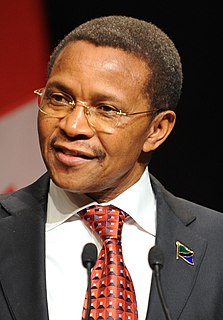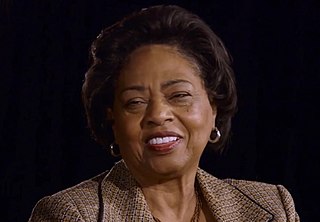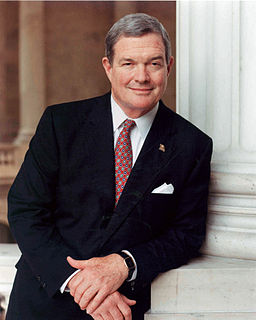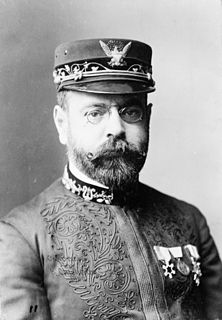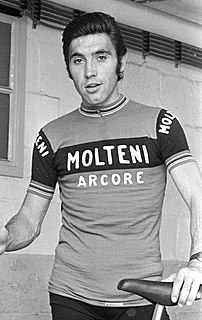A Quote by Stephen Kinzer
Land ownership in Guatemala is more unequal than anywhere else in Latin America. Roughly 90 percent of Guatemalan farms are too small to support a family. A tiny group of Guatemalans owns a third of the country's arable land; more than 300,000 landless peasants must scrounge a living as best they can.
Related Quotes
Food production has affected the environment more than any other activity humans have engaged in. Humanity devotes more land to food production than anything else - roughly a third of the surface area of the earth, much of which was once forest but has been converted by humans into farms or grazing lands.
You can't drive through Iowa and not think about farming: No less than 85 percent of the land in the state is devoted to farms, many of them more than 1,000 acres. This is the place where seeds are sown. It's where farmers grow the corn that will be fed to pigs as grain or fed to you as syrup or fermented to ethanol for your gas tank.
The standard of 'affordable' housing is that which costs roughly 30 percent or less of a family's income. Because of rising housing costs and stagnant wages, slightly more than half of all poor renting families in the country spend more than 50 percent of their income on housing costs, and at least one in four spends more than 70 percent.
Forests are breaking out all over America. New England has more forests since the Civil War. In 1880, New York State was only 25 percent forested. Today it is more than 66 percent. In 1850, Vermont was only 35 percent forested. Now it's 76 percent forested and rising. In the south, more land is covered by forest than at any time in the last century. In 1936 a study found that 80 percent of piedmont Georgia was without trees. Today nearly 70 percent of the state is forested. In the last decade alone, America has added more than 10 million acres of forestland.
We have landowners, small growers. We have people who are holding onto land that was acquired by their families after slavery. They need to produce some of the food we eat, so they can pay the taxes and hold onto the property. Taxes keep going up. We, and by we I mean black people, are rapidly becoming a landless people. Our ancestors, coming out of slavery, acquired more than 15 million acres of land. Today, we're probably down to less than 2 million acres.
In my opinion, if 100% of the people were farming it would be ideal. If each person were given one quarter-acre, that is 1 1/4 acres to a family of five, that would be more than enough land to support the family for the whole year. If natural farming were practiced, a farmer would also have plenty of time for leisure and social activities within the village community. I think this is the most direct path toward making this country a happy, pleasant land.


